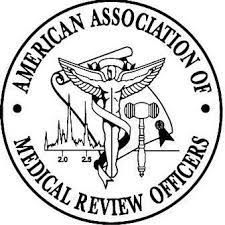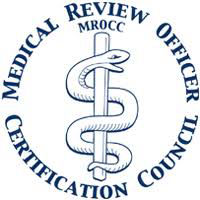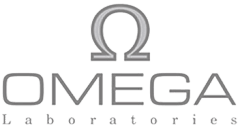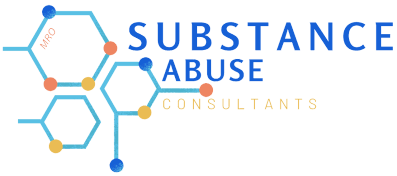
Substance Abuse Consultants - MROs
The Office of Drug and Alcohol Policy and Compliance serves as the principal advisory body to the Secretary on matters pertaining to national and international drug testing and control. It offers guidance on rules concerning drug and alcohol testing for safety-sensitive transportation workers across various industries such as aviation, trucking, railroads, mass transit, and pipelines. The office is responsible for publishing regulations and issuing official interpretations regarding testing procedures, including guidelines for conducting tests and protocols for evaluating and treating employees following testing infractions. Additionally, it coordinates the Department's participation in the President's National Drug Control Strategy on an annual basis. It is our job as qualified Medical Review Officers (MRO) to validate drug test results to be accurate and reliable for the safety of everyone on our roadways. Furthermore, to make sure hardworking individuals that make their living driving, get the respect they deserve while trying to provide for their families.








